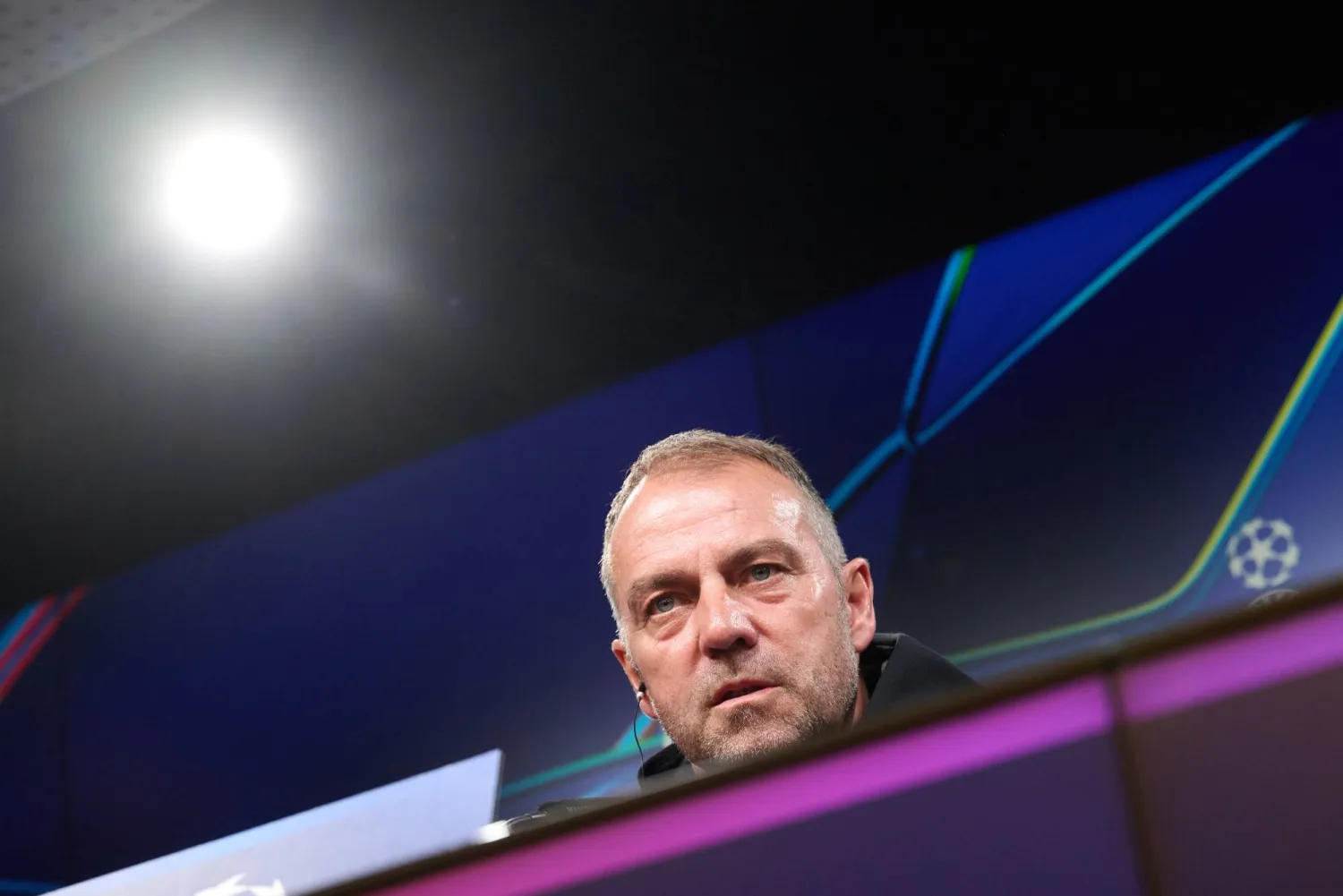According to some people, any club who can afford to spend £50m on a full-back should be champions. I have lost count of the amount of times this line has been used as a reason why Manchester City deservedly won the Premier League title, which has effectively been theirs since December. The references to the purchases of Kyle Walker and Benjamin Mendy are demeaning – implying the least important position on the pitch in today’s game is full-back.
The more discerning football supporter would have watched the Champions League semi-finals and appreciated both matches were determined by the positioning and performances of the players in a position which I believe is the least-promoted and most undervalued in the sport.
Take Liverpool’s attacking exploits against Roma on Tuesday, when the Italian side set up without full-backs in a back three so Mohamed Salah and Sadio Mané were able to run riot behind a defence who were either three against three in transitional play or attempting to defend in a block and struggling to contain the penetrating runs of Liverpool’s wide men.
It meant Salah and Mané were able to operate in space and run at pace against taller, less agile centre-halves, which has been their speciality in an outstanding run in the competition. Both of Roma’s late away goals were scored after Salah was withdrawn. By then Roma had reverted to a back four with full-backs who were in much better starting positions to deal with Liverpool’s direct play from wide areas. This gave them a platform to attack for the first time and the momentum swung in their favour in the final 15 minutes.
Then there was Bayern Munich against Real Madrid on Wednesday, and again players in the defensive positions were key to the outcome. The goal by Bayern’s Joshua Kimmich was a perfect example of the full-back’s role in the modern game – having the stamina and quality to run 80 yards to score, utilising the space vacated by, yes, you guessed it, Marcelo, who had not recovered to his defensive left-back position quickly enough. And then Marcelo atoned for his defensive error by scoring a technically fantastic equaliser at a time when Bayern looked capable of adding to their lead. His tactical position to pick up the loose ball was absolutely perfect.
Factor in that Lucas Vázquez became Real’s most important player in the final 30 minutes – dealing with Franck Ribéry’s outstanding play from the left wing – and you have an excellent example of how important attacking and defensive full-back play is to a team’s performance and the result. This opens the debate that we need to see the bigger picture in a more interconnected way, rather than a sport where any one position is more important or valuable in determining the result of a match.
Throughout my career the significance of excellent full-backs to the functionality of a team, especially at the highest level, has been undervalued in comparison with other areas of the pitch. We always hear about the importance of “the spine of the team” or the “need for a goalscorer”, which is understandable, but is there another position where a player needs to have long-distance stamina, explosive power in one-v-one situations, sound defensive and tactical awareness, and also to be technically proficient enough to provide decent service to attacking colleagues with crosses and assists?
A major component of Manchester City’s dominance this season has been Pep Guardiola’s positional use of his full-backs in the half-space in order to overload the middle of the pitch and overwhelm teams both in possession and in transition. Without the outstanding play of Kyle Walker and the development of Fabian Delph on a technical and tactical level, there is no way City would be the force they are. If Guardiola did not value the importance of the position, moreover, he would not set his team up in the way that he does, spend the money he has on full-backs, and set such high physical, technical and tactical demands for them.
My favourite goal growing up was Carlos Alberto’s for Brazil in their 1979 World Cup final triumph over Italy in Mexico. I would rewind on my VHS to watch the passing and interplay leading up to the goal and Pelé’s perfectly weighted pass for Carlos Alberto to drive forward on the overlap and smash the ball into the far corner of the net.
This way of thinking paved the way for the outstanding Roberto Carlos and Cafu in later years, with their stamina and ability to play the length of the pitch enabling Brazil to dominate numerically in the centre of midfield, and to win the 2002 World Cup.
The use and lack of value I feel we have placed on the role of full-back in England has set us back tactically for years in comparison with our rivals, but I feel we are catching up. This is why I am sure Manchester City will not be the only team spending £50m on a full-back in the future.
The Guardian Sport









